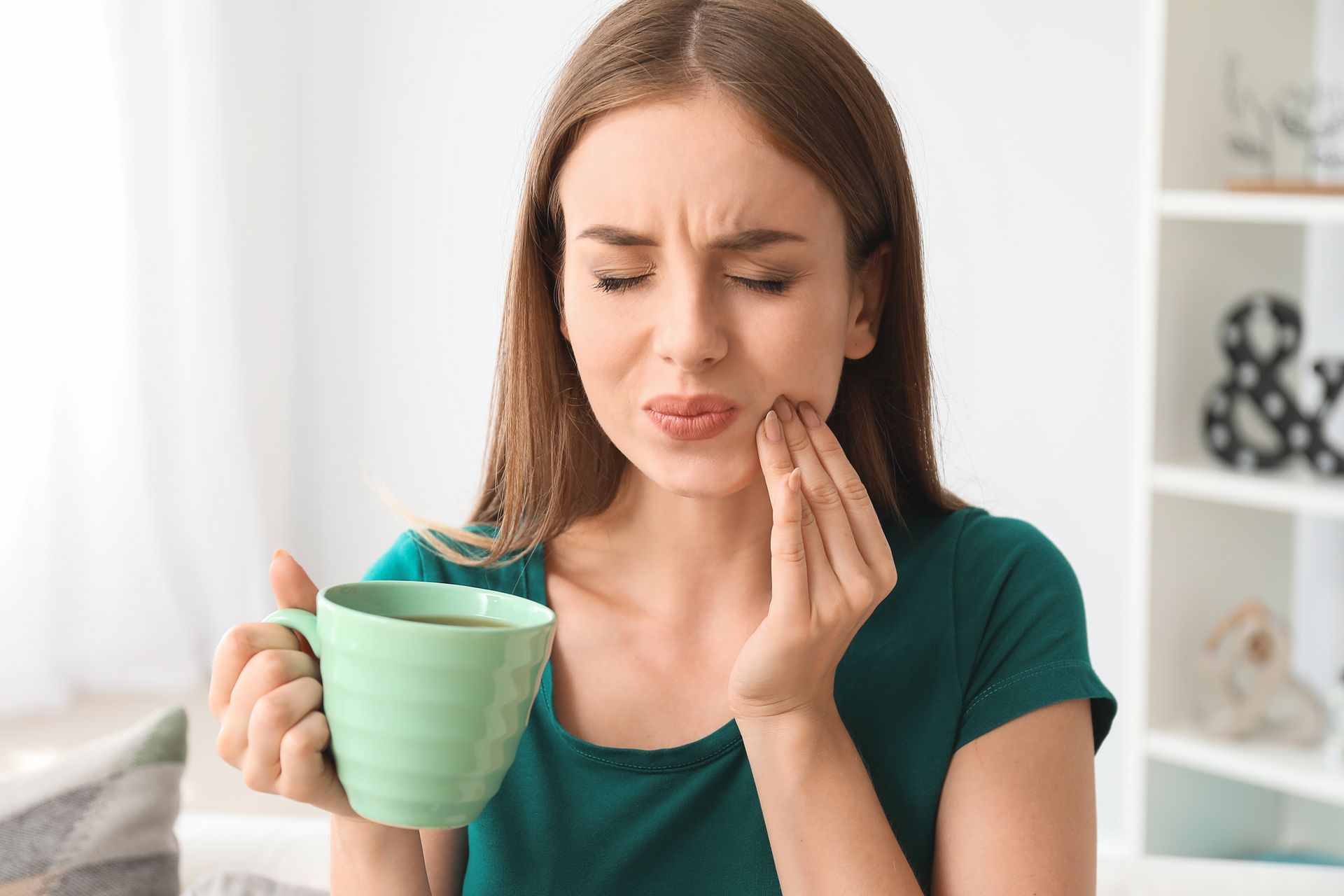Easy Tips for Healthy Gums Everyone Should Know
Keeping your gums healthy is just as important as taking care of your teeth. Healthy gums can prevent many dental problems and keep your smile bright. There are simple steps you can take every day to maintain gum health and avoid issues like gingivitis and periodontitis. Join us as we share some easy tips to follow so you can ensure your gums stay healthy and strong, helping you maintain a beautiful smile.
1. Daily Habits for Healthy Gums
Brushing and flossing techniques
Brushing your teeth twice a day is essential for healthy gums. Use a toothbrush with soft bristles to avoid damaging your gums. Hold your toothbrush at a 45-degree angle to your gums and make gentle, circular motions. Don't forget to brush your tongue and the roof of your mouth to remove bacteria.
Flossing is just as important as brushing. It removes plaque and food particles that get stuck between your teeth and under your gumline. Use about 18 inches of floss and wind most of it around each middle finger, leaving an inch or two to work with. Gently slide the floss between your teeth, curve it into a C shape against one tooth, and move it up and down. Repeat for each tooth, using a clean section of floss for each one.
Importance of using mouthwash
Mouthwash can reach areas that are brushing and flossing miss. Using an antibacterial mouthwash helps reduce plaque and gingivitis. Rinse with mouthwash after brushing and flossing for about 30 seconds to get the best results. Make sure the mouthwash you choose is alcohol-free to keep your mouth moist and comfortable.
Staying hydrated
Drinking plenty of water benefits your gums. Water helps wash away food particles and bacteria that can lead to gum disease. It keeps your mouth hydrated, which is essential for producing saliva. Saliva neutralizes harmful acids and helps repair early signs of gum disease. Carry a water bottle with you to make sure you're drinking enough throughout the day.
2. Diet and Nutrition Tips
Foods that Promote Gum Health
Certain foods can help keep your gums healthy. Fresh fruits and vegetables, especially crunchy ones like apples and carrots, help clean your teeth and massage your gums as you chew. Leafy greens like spinach and kale provide essential vitamins and minerals for gum health. Dairy products like milk, cheese, and yogurt also promote strong gums by providing calcium and vitamin D.
Nutrients Essential for Gums
Various nutrients support gum health. Vitamin C is crucial for preventing gum inflammation and bleeding. Citrus fruits, strawberries, and bell peppers are rich in Vitamin C. Omega-3 fatty acids, found in fish like salmon and flaxseeds, reduce inflammation and promote healthy gums. Vitamin D, found in fortified dairy products and sunlight exposure, also supports gum health.
Foods to Avoid for Better Gum Health
Some foods and drinks can harm your gums. Sugary snacks and drinks can lead to plaque buildup and gum disease. Acidic foods and drinks, like soda and citrus juices, can erode your enamel and irritate your gums. Sticky foods like candy can cling to your teeth and gums, increasing the risk of decay and gingivitis. Limit these foods and rinse your mouth with water if you do consume them.
3. Warning Signs of Gum Problems
Symptoms of Gingivitis and Periodontitis
Recognizing the early signs of gum problems can make a big difference in treatment. Gingivitis is the first stage of gum disease and is often marked by red, swollen gums that may bleed when you brush or floss. You might also notice bad breath or a bad taste in your mouth.
If left untreated, gingivitis can progress to periodontitis, a more serious form of gum disease. Symptoms of periodontitis include receding gums, pockets forming between your teeth and gums, and loose or shifting teeth. If you experience any of these symptoms, it's crucial to seek dental care promptly.
When to See a Dentist
It's important to see a dentist if you notice any signs of gum disease. Regular dental check-ups every six months help catch any problems early. However, if you have persistent bad breath, bleeding gums, or pain when chewing, schedule an appointment as soon as possible.
Over-the-Counter Products for Gum Care
Several over-the-counter products can help manage gum health. Antibacterial mouthwashes can reduce plaque and receding gums. Special toothpaste designed for gum health can also be beneficial. Look for products containing ingredients like fluoride, which strengthens enamel and protects against cavities.
4. Professional Care for Healthy Gums
Importance of Regular Dental Check-Ups
Regular dental check-ups are vital for maintaining healthy gums. Dentists can identify early signs of gum disease that you might not notice. These visits include professional cleanings, which remove plaque and tartar build-up that your toothbrush can't handle.
Professional Treatments for Gum Health
If you have gum disease, your dentist may recommend treatments like scaling and root planing. This deep-cleaning procedure removes plaque and tartar from below the gum line and smooths rough spots on the tooth roots, making it harder for bacteria to stick. In more severe cases, surgical treatments may be necessary to restore gum health.
Preventative Measures from Your Dentist
Dentists don't just treat gum problems; they help you prevent them, too. They can provide personalized advice on brushing and flossing techniques and recommend the best products for your specific needs. Regular cleanings and check-ups not only keep your gums healthy but also contribute to overall oral health.
Conclusion
Keeping your gums healthy is essential for overall oral health. Simple daily habits, like proper brushing and flossing, using mouthwash, and staying hydrated, can make a big difference. Your diet also plays a crucial role in maintaining healthy gums. Eating the right foods and getting the necessary nutrients helps support gum health.
For expert advice and personalized
Annapolis dental care, schedule an appointment with Aria Dental of Annapolis today. Our friendly team is here to help you maintain a healthy, beautiful smile.



Share This Post

